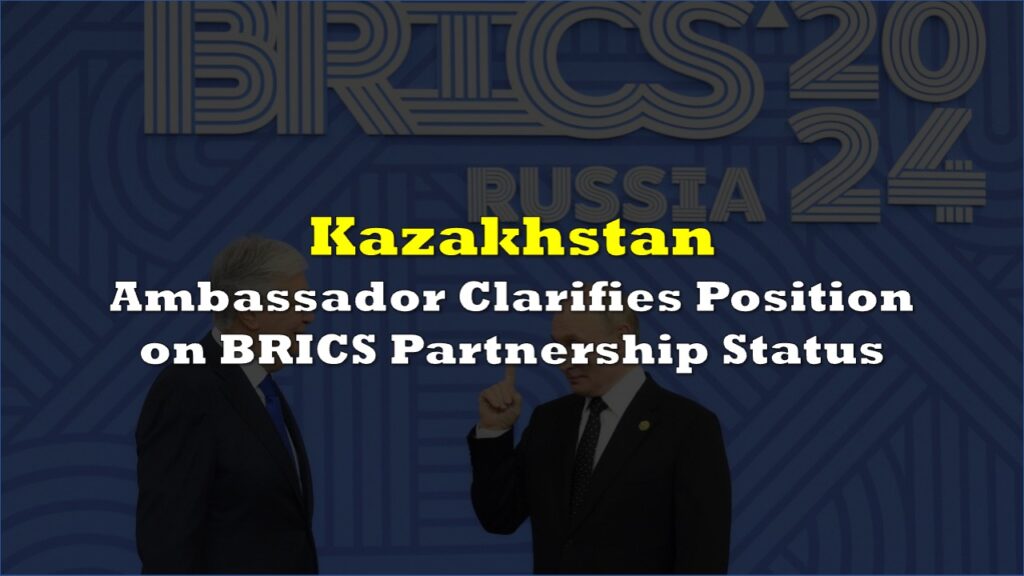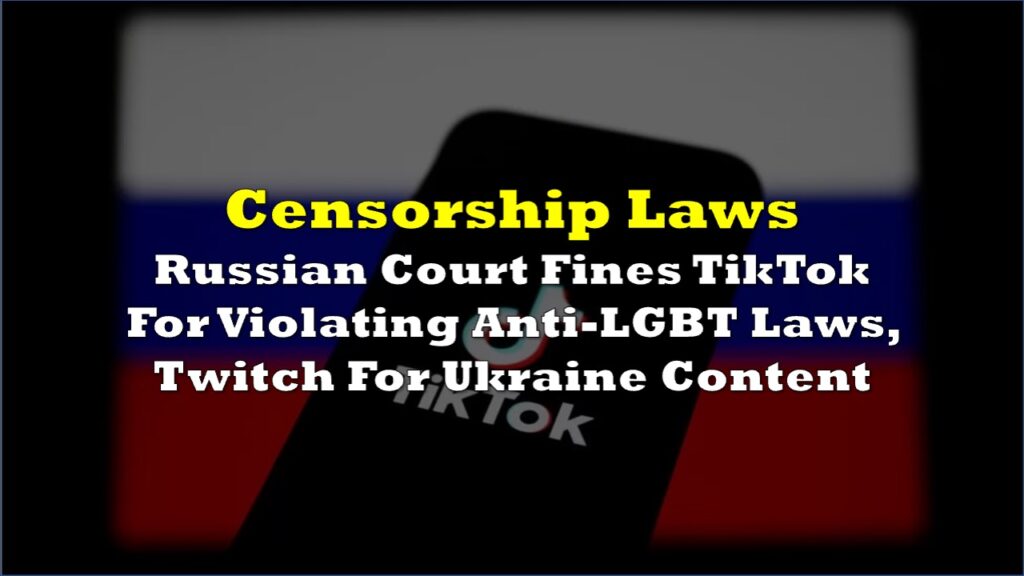While oil prices are already at highs, it seems the potential hikes are far from over. Russia has just applied a stricter chokehold on its Novorossiysk port, where Kazakhstan ships its oil exports to its European clients.
On paper, Moscow’s move follows after it discovered that the route hosts World War II torpedoes and mines, close to where the Kazakh oil pipeline ends. Demining the potential explosives is said to be scheduled on June 20.
However, many see the act as Russian President Vladimir Putin’s response to strong remarks made by Kazakhstan President Kassym-Jomart Tokayev at the St. Petersburg International Economic Forum on Friday. The Asian nation leader asserted that it would not recognize the Ukrainian separatist republics of Donetsk and Luhansk as independent states.
Citing the two “contradicting” UN principles – the territorial integrity of the state and the right of a nation to self-determination, Tokayev said these open “different interpretations” on territories.
“We recognize neither Taiwan, nor Kosovo, nor South Ossetia and Abkhazia,” Tokayev added. “In all likelihood, this principle will be applied to quasi-state entities, which, in our opinion, are Luhansk and Donetsk.”
Russia has blocked Kazakhstan from shipping oil to Europe through its port in Novorossiyk. This is seen as Russian retaliation against Kazakhstan for Kazakh President Tokayev refusing to support RU’s invasion of Ukraine https://t.co/PJL2246oU4
— Blake Allen (@Blake_Allen13) June 20, 2022
After the chokehold on the oil route, the Kazakh republic retaliated by suspending Russian coal rail transit being exported back to Moscow, starting with holding 1,700 wagons of coal on its territory.
Kazakhstan has responded by blocking over 1k rail cars of coal being exported to Russia. Russia has begun engaging in quiet economic warfare against its Central Asian neighbors to try and coerce them into supporting its invasion & help it evade sanctions
— Blake Allen (@Blake_Allen13) June 20, 2022
The limit on shipment threatens further the already tumultuous energy situation in Europe, which has seen more demand for Russian oil even before the sanctions were installed.
Prior, crude oil prices have reached US$120 on the global market as the European Union mulls over its plan to hold a Russian oil embargo.
Information for this briefing was found via The Astana Times and Unian. The author has no securities or affiliations related to this organization. Not a recommendation to buy or sell. Always do additional research and consult a professional before purchasing a security. The author holds no licenses.









